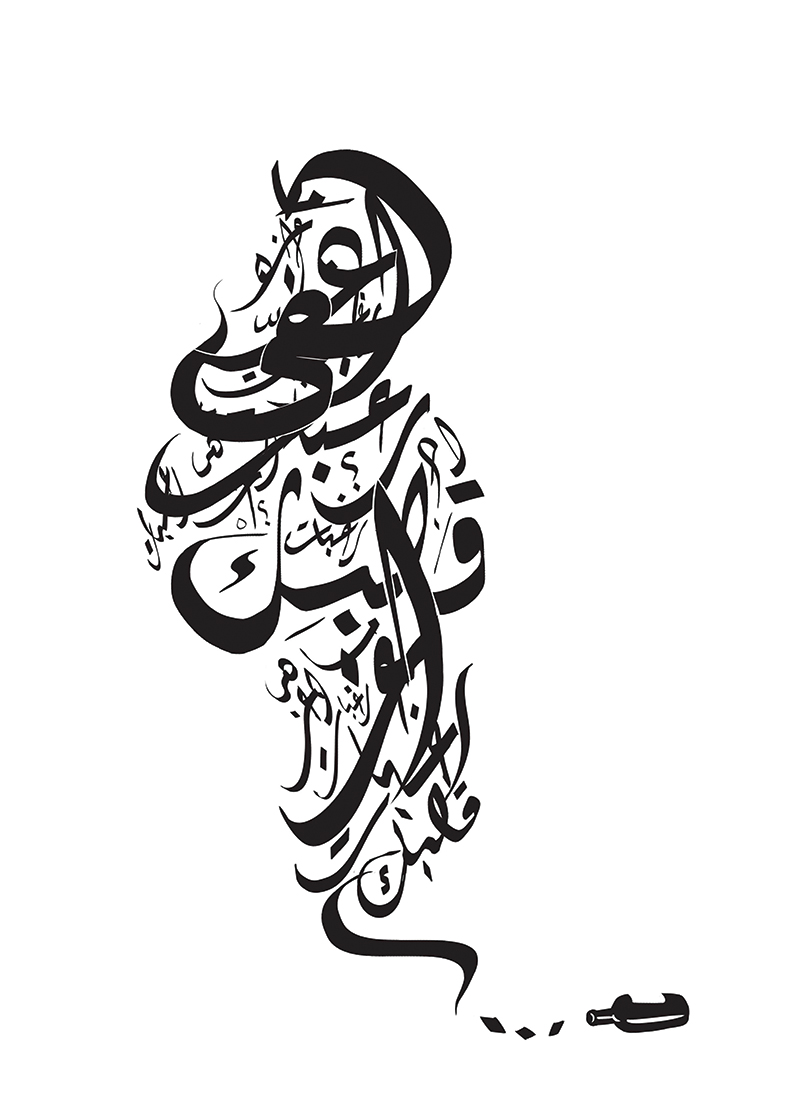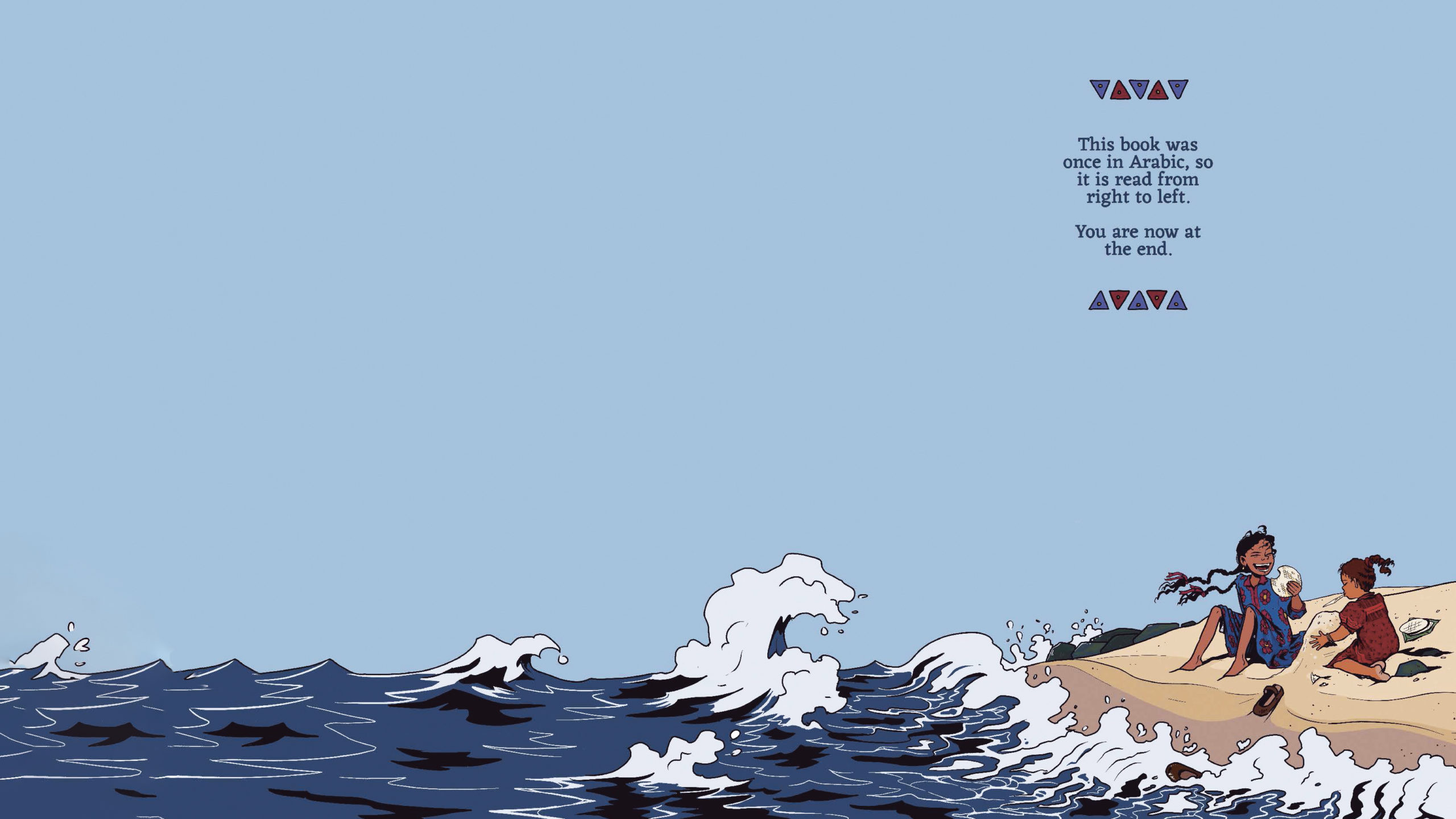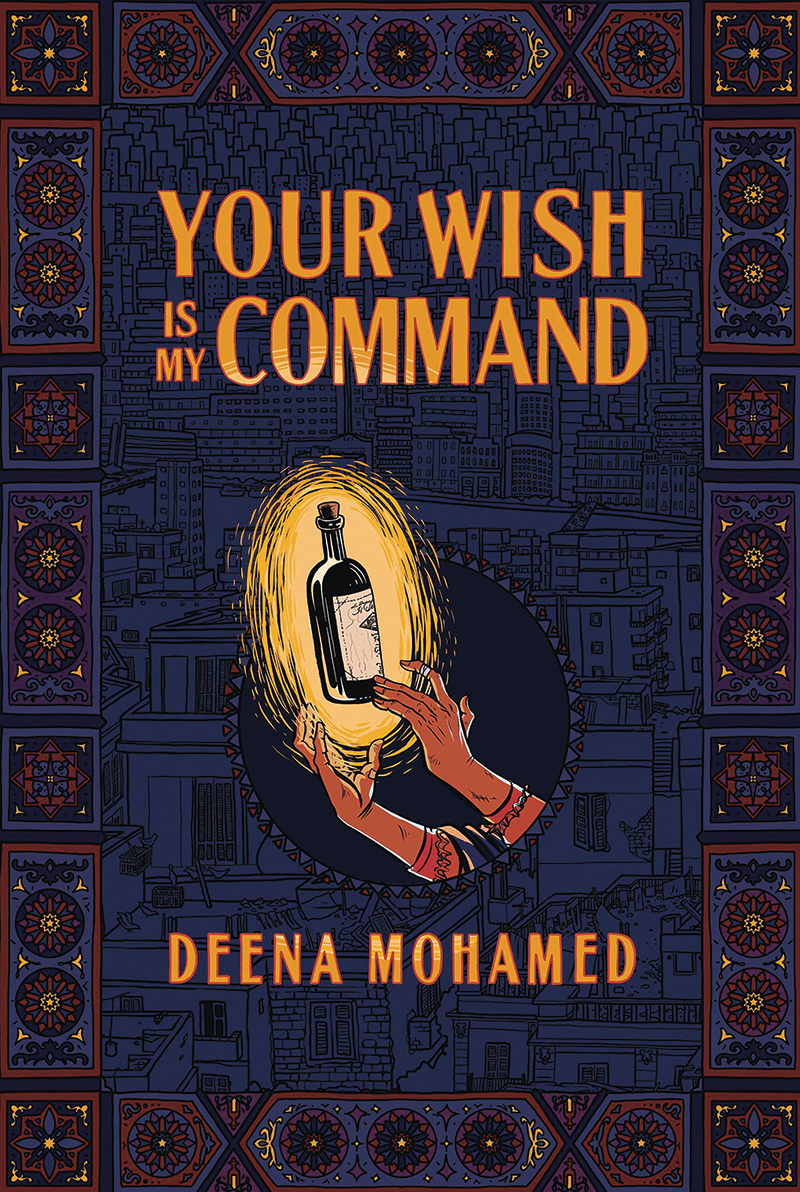When I was 23, my self-published graphic novel won an award at the Cairo Comix Festival. Called Shubeik Lubeik, it was about a world where people could buy and sell wishes; the more expensive they were, the more powerful they would be at granting your wish. I privately planned a trilogy, each revolving around a kiosk in Cairo where three first-class wishes would be sold at a huge discount. I knew it was a bit delusional to plan a project where each part would require over a hundred pages of drawing. I had seen many ambitious comics projects in Egypt fall apart from a lack of support, so I kept it to myself.
After it won the award, I got the opportunity to pitch it for an agent in the United States. I translated it myself for the pitch. Arabic graphic novels are read from right to left, like manga, but for the pitch I meticulously flipped each page and translated all the Arabic in it, even in the background. I didn’t actually expect the agent to like it, but she did. She loved it, and she asked me if I had more parts planned. Of course, I did. And so we pitched it as a single, massive volume of all three parts, and it ended up getting acquired by Pantheon in the US and Granta in the UK.
I received a solid advance for the translation, which doesn’t happen in Egypt. Suddenly, working on three graphic novels didn’t seem so delusional after all. Few Egyptian comics artists get an opportunity like this, to dedicate themselves to comics full-time, so I was determined to make the best of it. Selling the translation allowed me to work on the Arabic parts, and I published parts two and three in Arabic over the next few years.
- Your Wish Is My Command by Deena Mohamed review: Feminist debut of extraordinary skill
- Creating a graphic novel transformed the life of a formerly homeless artist
- The Loneliness of the Long-Distance Cartoonist, Adrian Tomine:
Throughout the process, I had the sense that I was creating the Arabic version for myself, and the English version for a vague, distant audience. I felt less ownership of it, because I felt like the Arabic was how the book was intended to be read. I was thinking about it as if the translation was outside my control, because the transition from being self-published in a local festival to being published by one of the biggest publishers in the world was a concept I couldn’t really wrap my head around. In fact, I assumed they would eventually change the title of the book, as Granta did. In the UK, it is published as Your Wish is My Command, which is the very literal translation of what “Shubeik Lubeik” means in Arabic. I didn’t think it was very catchy, but I was also willing to let it go, because Shubeik Lubeik wouldn’t mean the same to an English-speaking reader, anyway.
Once the Arabic trilogy was published and circulating in the world, I settled in to hand in the final translation. I had so far been flipping the pages horizontally to left to right for editors to read, but it didn’t feel right. Comics aren’t just about translating the text, but also about translating the visual language too. I had designed the panels to be read from right to left. The directions the characters looked in mattered, the direction the reader’s eye travelled mattered. One part was full of graphs as well, which were also read from right to left. And finally, and most significantly, I had the genies to contend with.

In my book, first-class genies are formed of Arabic calligraphy. This page can’t be flipped nor translated because it would make the Arabic illegible. That made the translation feel subpar. It had never occurred to me before to ask if I could just keep it from right to left, like manga does. It hadn’t been done for any Arabic comics in translation I had read. It’s also a big, 520-page, hardback graphic novel, not a small paperback issue. But Pantheon had published manga before, and kept it from right to left. So I asked if I could. To my surprise, they agreed immediately. Suddenly my role as a translator opened up for me. The translation, which had previously felt like an alien mutation of my Arabic books, started to seem like a friendlier and more manageable alien. I enjoyed the process of translating and treated it as a special edition, adding footnotes and trying to make the experience feel closer to the kind of translation I enjoyed (often the fan-made, conversational type.)










